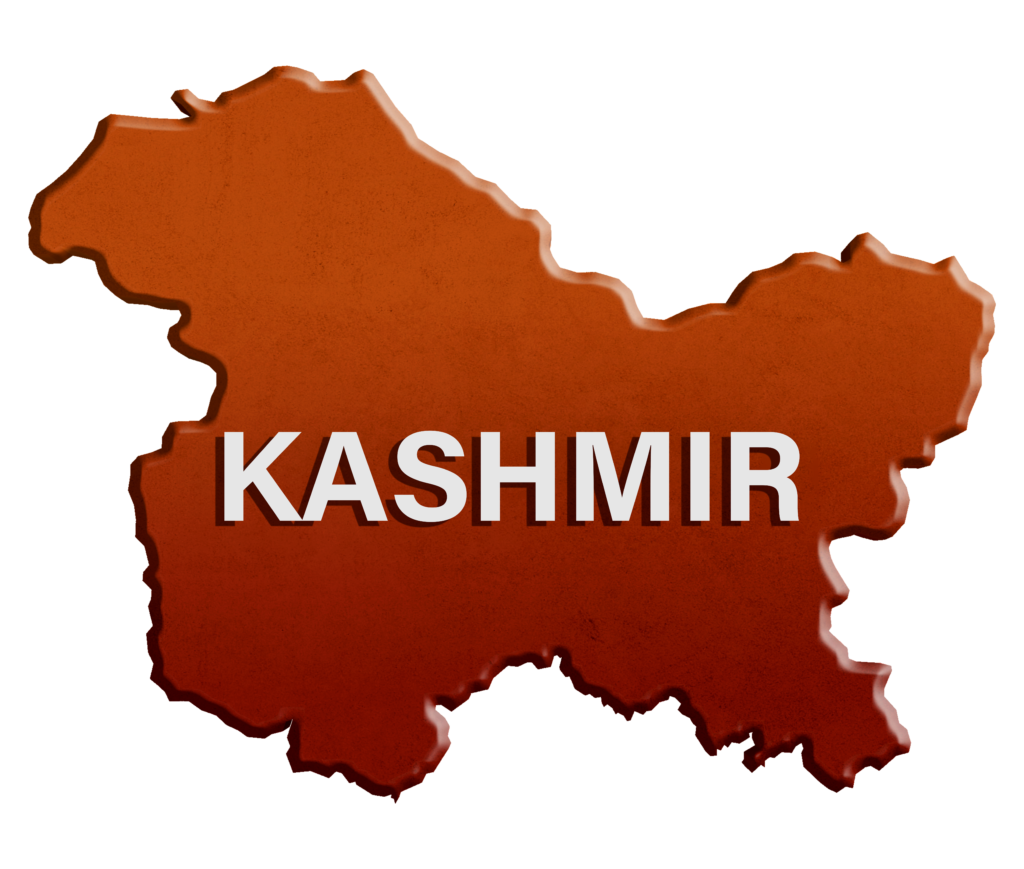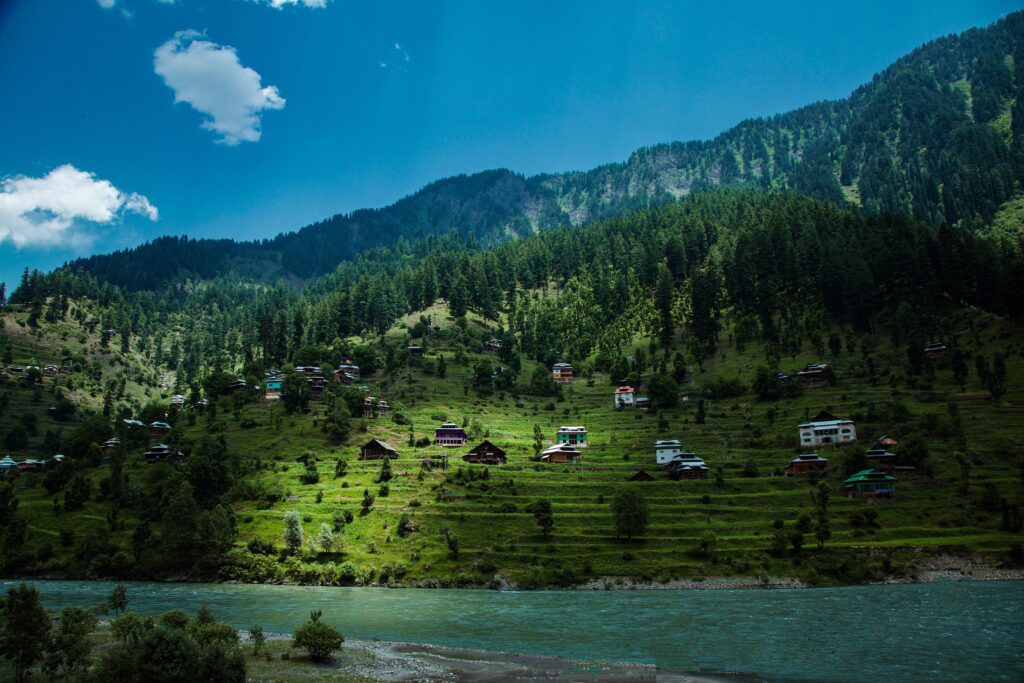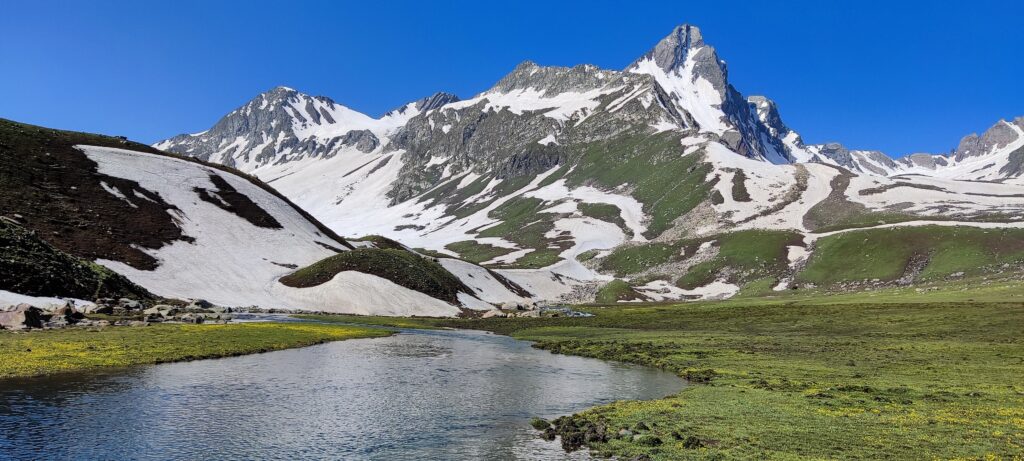
Date: 23 April 2025
There are days in history when time seems to stand still. When the face of an entire nation is filled with moments of pain and tears. April 22, 2025, will be remembered by Indians as a dark day – the day when the peaceful atmosphere of Pahalgam in Kashmir was shaken and India was once again caught up in a new, terrifying tactic of terrorism.
This was not just a horrific act of terror. It was a planned brutality that has torn Kashmir and the entire Indian society apart, shaken the soul of India, and forced the country to take its boldest diplomatic stand in years.
Ruthless Terror
Nestled in the greenery of Kashmir, Pahalgam, a picturesque village, has always been a haven for tourists. Families, honeymooners, solo travelers, and nature lovers – all come to the region to soak in its pristine beauty and wander around. But this tragic incident was a day of terror, a shadow of terror that spread across the idyllic location of Pahalgam.

Eyewitnesses describe the unimaginable. A group of five armed men stopped a tourist bus near the Lider Valley. They detained the passengers and began checking their IDs. One by one, they ordered the people to remove their clothing below the waist in an apparent attempt to identify non-Muslims.
When they were identified and found not to be Muslim, they were later executed. Twenty-seven innocent lives, including men, women, and children, were shot and covered in innocent blood. Not because of what they had done. But because of who they were.
The attackers fled in a river of blood, leaving the nation in shock and awe.
Grief, anger and determination
Within hours, India was plunged into mourning. News channels began broadcasting images of wailing relatives, half-burnt goods on empty streets and children in blood-stained clothes. Candlelight vigils were held at India Gate in the capital, Delhi. In cities, schools declared a period of mourning. In villages, radios broadcast news of terror.
But amidst this nationwide heartbreak, there was something else – a calm but determined resolve. To commit an incident across the border is to plunge an entire nation into mourning. India is considered weak in its border security.
Government Response
In an emergency meeting of the Cabinet Committee on Security (CCS), the Indian leadership called for a response. The decisions that emerged from that war room meeting were not just symbolic – they were seismic.
Here are the key steps India announced:
1. All Pakistani nationals are ordered to leave India within 48 hours
Effective immediately, all Pakistani nationals in India on Special Business or Educational Visas (SBES) have been ordered to leave the country within 48 hours. This includes students, professionals, and business representatives. The message is clear: national security comes first.
2. Suspension of the Indus Waters Treaty
For over six decades, the 1960 Indus Waters Treaty stood as a rare symbol of cooperation between India and Pakistan. But now, India has chosen to suspend the treaty. Water – the lifeline – is no longer immune to geopolitical realities.
3. Integrated Check Post at Attari Closed
The Attari-Wagah Border, a symbolic gateway for peace and exchange, has been closed indefinitely. Pakistani nationals with valid permits who entered through this route have been ordered to return by May 1, 2025. Beyond that, all such travel is suspended.
4. Diplomatic Downscaling
India has declared all defence, naval, and air advisors at the Pakistani High Commission in New Delhi as persona non grata. They have been given a week to leave the country. Similarly, India has recalled its own military advisors from Islamabad. The strength of the High Commission will be reduced from 55 to 30.
This is a decisive diplomatic withdrawal, which signals a cooling in relations seen after the 2001 Parliament attack.
Across the border
The international response has been swift. Countries including the United States, France, Japan and Australia have expressed solidarity with India. The UN Secretary-General has strongly condemned the Pahalgam attack, calling it an “attack on humanity.”
The often-divided social media seemed united for once. Hashtags like #PrayForPahalgam, #TerrorHasNoReligion, and #StandWithIndia trended globally. Thousands of Pakistanis also took to X (formerly Twitter) to express their grief, urging their government to identify and punish those responsible.
In Kashmir

In the Anantnag district, where Pahalgam is located, the silence is deafening. “We are crying with India,” said Abdul Rahim, a local shopkeeper who helped rescue two injured tourists. “These terrorists do not represent us. They do not represent Islam. They are murderers.”
Even as the streets are patrolled and schools remain closed, the people of Kashmir – Hindus, Muslims, Sikhs – are grieving together. A sense of unity born of shared grief is growing.
Broken Homes and Unbroken Spirits
Among the 27 dead were a newlywed couple on their honeymoon, a retired schoolteacher taking his grandchildren to see snow for the first time, and a college student who had promised to return with gifts for his mother.
Their dreams, their pictures, their laughter – all are now part of a terrible past.
One survivor, 8-year-old Aarav Mehta, has become a symbol of the tragedy. He watched his parents die and wandered for hours before soldiers found him. When asked what happened, he whispered: “The bad people said we were not the right people.”
What does this mean for children?
A New Ice Age Between India and Pakistan
The Board of Control for Cricket in India (BCCI) has been urged by many quarters to cancel all future India-Pakistan matches, even on neutral grounds. “There can be no game when there is no humanity,” said a former player.
Many cultural exchange programmes have been postponed. Joint art and music festivals – meant to build bridges – are now uncertain. Art, it seems, is the first victim of fear.
PM speaks: Every drop counts
In a televised address, Prime Minister Narendra Modi said:
“Those who come to shed blood will thirst for water. We will not allow anyone to terrorise our people without consequences. This is not just a diplomatic response – this is the cry of a billion people. And we will respond to it, not in anger, but in unwavering unity.”
A message from Kashmir to the world
From Srinagar to Pahalgam, there is a common message from locals:
“Come back when peace returns. We want you here. Terrorists do not define Kashmir. We do.
There are stories of locals rescuing tourists, of doctors refusing to rest until every wounded soul is treated, of schoolchildren raising white flags outside their homes.
This is not just a tragedy for India. It is a wound to humanity.
What comes next?
As India tightens its borders and reduces its diplomatic bridge, the subcontinent stands at a critical crossroads. Will this be a turning point that forces a reckoning with extremism? Or will it lead to further division?
One thing is certain: Pahalgam will not be forgotten.
The blood that has flowed on the soil of that valley has kindled a fire — not just of anger, but of reflection. It is a reminder that behind every news headline, there are faces, families, futures.
And as the sun sets behind the Himalayas, India mourns — but it also stands tall.
Written with deep respect for the victims and survivors of the Pahalgam attack. May peace prevail where the bullets once rang out.